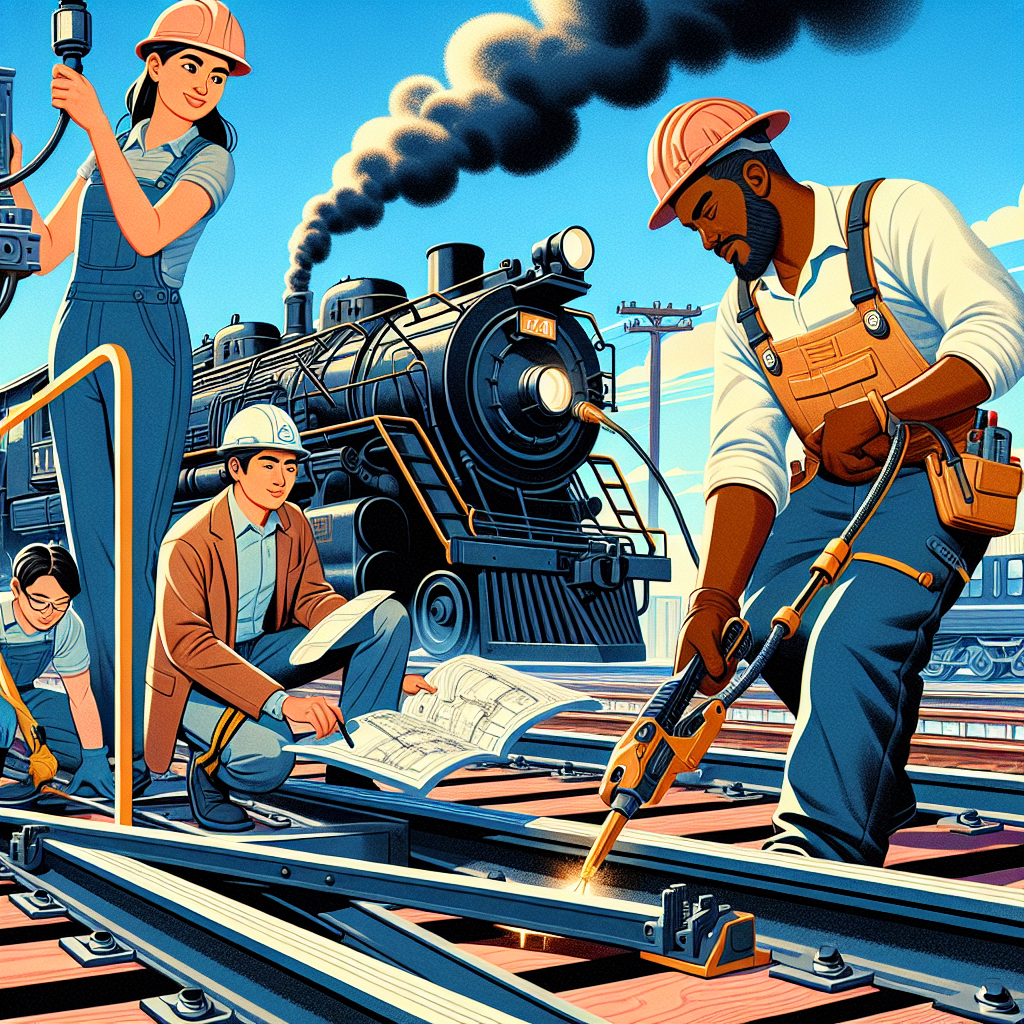Strikes in Germany Ignite Economic Tensions: Unions Demand Higher Wages Amid Crisis
Thousands of German workers initiated strikes to demand higher wages, affecting major companies like Porsche, BMW, and Mercedes. The strikes deepen Germany's economic struggles and increase pressure on Chancellor Olaf Scholz's coalition. The German government seeks to address industrial challenges amid a predicted economic contraction.

In an escalating conflict between German workers and their employers, thousands launched strikes demanding higher wages on Tuesday. Major players like Porsche, BMW, and Mercedes felt the impact, heightening concerns over Germany's declining global competitiveness amid high costs, weak exports, and international rivals.
The strikes sever as a wake-up call for Chancellor Olaf Scholz's coalition government, which faces increasing instability with elections looming. Scholz gathered business leaders in Berlin, including the Volkswagen CEO, to strategize on safeguarding Germany's industrial prowess and preventing further economic decay.
The German government plans continued discussions to bolster industry, while facing criticism over high energy prices and taxation. The chasm between demands for reform and current economic policies signals tough challenges ahead, with significant implications for Germany's role in the European economy.
(With inputs from agencies.)










